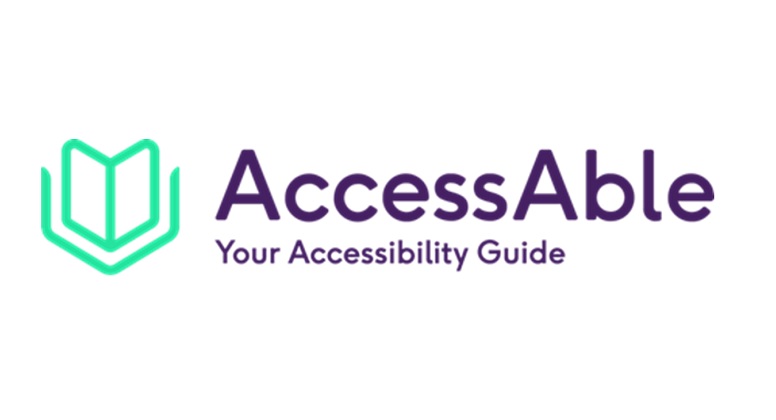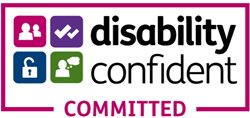LSE is committed to complying with the disability provision of the Equality Act 2010. The LSE policy on disability details how the school aims to implement the requirements of the legislation.
Check if your condition is defined as a disability under the Equality Act here.
Disability at LSE
LSE is creating a new Student Mental Health and Wellbeing (SMHW) Framework. This will adopt SMHW as a strategic priority for LSE, in order to support a new integrated whole School approach. Student Wellbeing has been included as a focus within the LSE 2030 Strategy, as part of the commitment to ensure holistic and comprehensive support for every student. The new Framework will be launched in 2020, and address key areas including: academic culture and practice; welcome and a sense of belonging; promotion, prevention and provision in support of SMHW.
Monthly forums for line managers that explore best practice in supporting disabled staff.
These forums are for LSE managers to come and share their experiences, tips and good practice in relation to supporting disabled staff, as well as discussing how we can improve both the process of implementing reasonable adjustments and the experience of disabled staff who seek support.
Further details with information for all upcoming sessions including dates and meeting links are on this webpage.
Here is a recording of the initial presentation introducing the LSE Manager Forum and also providing a little more detail about the facilitator's role (Lucy Mu) as Staff Disability and Mental Health Adviser.
 LSE has a partnership with AccessAble to provide fine-grain, pan-disability access guides to the School’s buildings (including the residences), route maps between buildings, and an Apple/Android app.
LSE has a partnership with AccessAble to provide fine-grain, pan-disability access guides to the School’s buildings (including the residences), route maps between buildings, and an Apple/Android app.
Our partnership with AccessAble will help us to be proactive in improving the accessibility of our buildings, at a time when the LSE estate is undergoing major physical change.

LSE is part of the Disability Confident scheme, which is designed to support employers to recruit, recognise and retain the skills and talents of disabled people and people with health conditions.
You can find out more about the Disability Confident campaign on the Government's website, and you can also review the guidance for employers on the Department for Work and Pensions site.
LSE is a Disability Confident Employer (Level 2) and is committed to interview any applicant with a disability who meets the essential criteria for a job vacancy. Please indicate on the form whether you would like to be considered for a guaranteed interview under the Disability Confident Scheme.
LSE is a member of the Business Disability Forum. BDF is a not-for-profit organisation that works with businesses to support employees with disabilities. They provide training, expertise and resources for managers and staff about disability. This is an important issue for LSE as 19% of working age adults have a disability, and 96% of disabilities are not visible.
BDF have over 20 years’ experience working with private and public sector organisations. Their 300 members include Manchester Metropolitan University who received Gold Disability Standard status in 2017.
There is a huge list of benefits of membership available to all LSE staff. All colleagues can register with their LSE email address to access line manager guides, a mental health module and specialised toolkits. There is also an advice service for managers and resources on recruitment, adjustments and communications.
Support and resources
Additionally, a staff rest room is available in the New Academic Building (NAB), and the reception team can arrange access.
LSE has a Network of Disabled Students and Staff (NODSS). If you would like to be involved in the NODSS, please contact the chair of the network, Ken Kinsella (k.kinsella@lse.ac.uk).
Equality Act 2010, Section 6: Disability
If you would like to know more about the legal definition of the protected characteristic of 'disability', please see the following text from section 6 of the Equality Act 2010:
(1) A person (P) has a disability if —
(a) P has a physical or mental impairment, and
(b) the impairment has a substantial and long-term adverse effect on P's ability to carry out normal day-to-day activities.
(2) A reference to a disabled person is a reference to a person who has a disability.
(3) In relation to the protected characteristic of disability —
(a) a reference to a person who has a particular protected characteristic is a reference to a person who has a particular disability;
(b) a reference to persons who share a protected characteristic is a reference to persons who have the same disability.
(4) This Act (except Part 12 and section 190) applies in relation to a person who has had a disability as it applies in relation to a person who has the disability; accordingly (except in that Part and that section) —
(a) a reference (however expressed) to a person who has a disability includes a reference to a person who has had the disability, and
(b) a reference (however expressed) to a person who does not have a disability includes a reference to a person who has not had the disability.
(5) A Minister of the Crown may issue guidance about matters to be taken into account in deciding any question for the purposes of subsection (1).
(6) Schedule 1 (disability: supplementary provision) has effect.
The Equality Act 2010 places a duty upon higher education institutions to make reasonable adjustments for staff, students and service users in relation to disability and mental health. Whether a person is disabled is generally determined by the effect the physical or mental impairment has on their ability to carry out normal day-to-day activities (the exception to this is people with severe disfigurement). Normal day-to-day activities are not defined in the Act, but in general they are things people do on a regular or daily basis, for example eating, washing, walking, reading, writing or having a conversation.